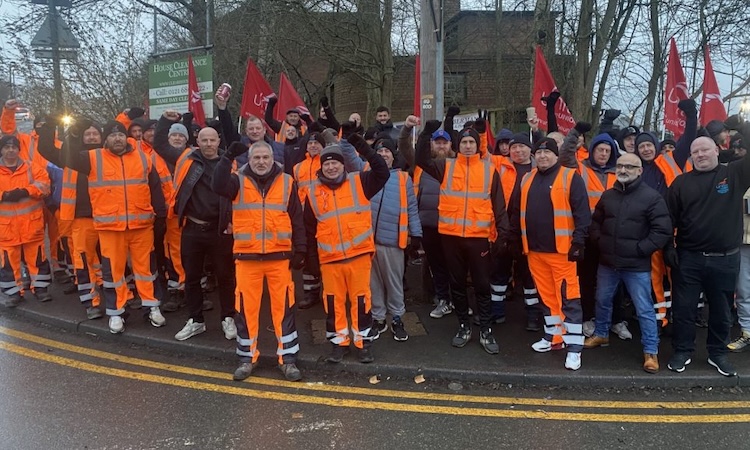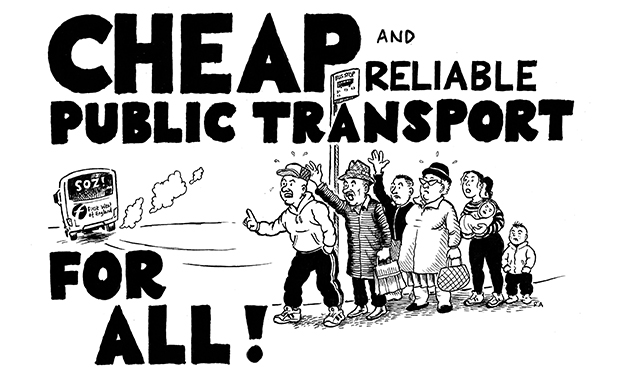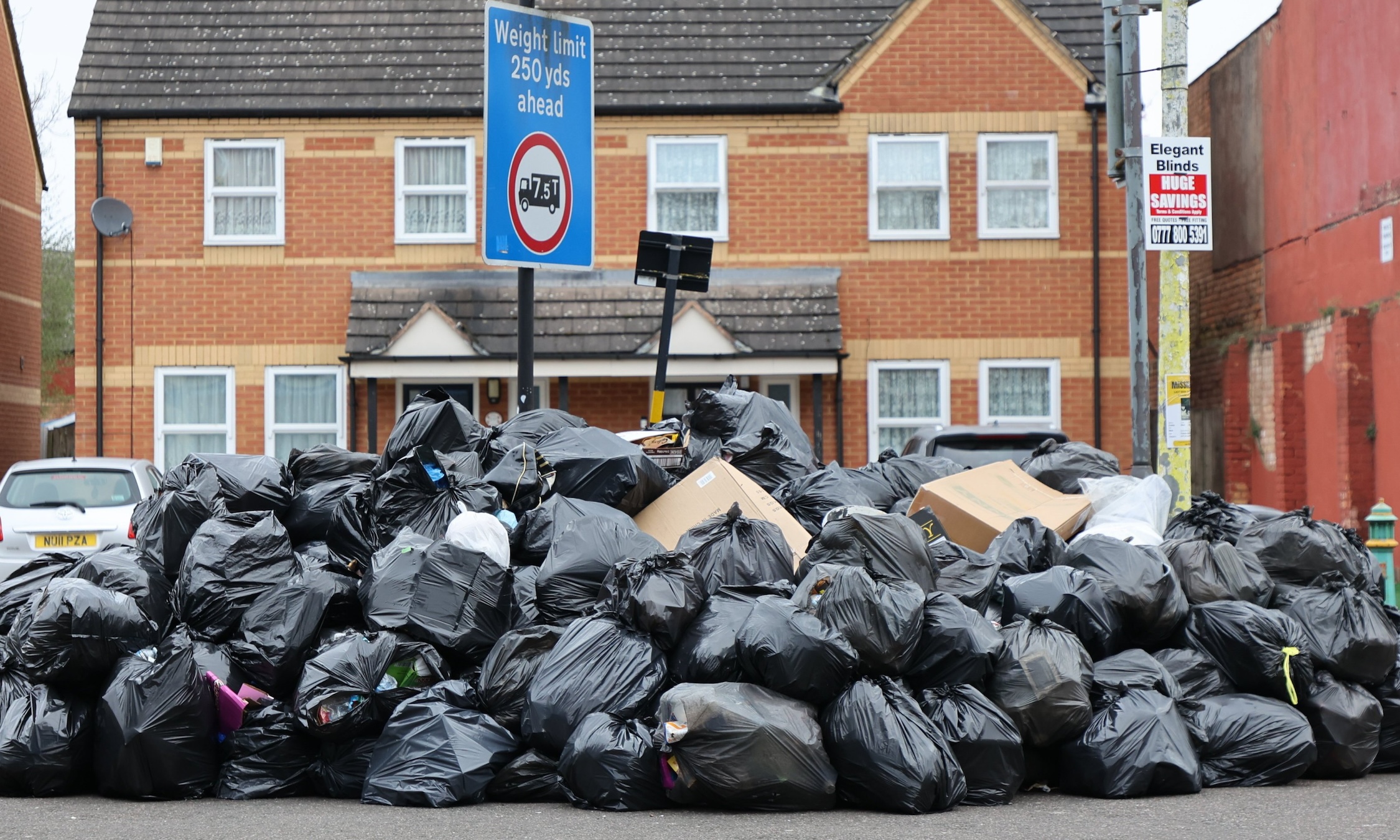After almost 50 years, the Shrewsbury 24, a small group of building workers criminalised and blacklisted for going on strike, have received some measure of justice from a British court of appeal.
The original charges against them, which included ‘unlawful assembly’, ‘conspiracy to intimidate’ and ‘affray’, had been brought for the heinous crime of successfully picketing fellow workers during the 1972 building workers’ strike. On these archaic charges, the government of the day had the 24 men sentenced. The charges may just as well have been for successfully unionising workers and standing up to employers.
During the 1970-74 term of the Conservative government of Edward Heath, building bosses were energetical in enforcing what was known as ‘the lump’ on many of their sites. The ‘lump’, or ‘bogus self-employment’ as it was also known, removed holiday rights and payment by the hour from workers, along with the right to claim unfair dismissal. It also placed the onus on the worker to pay his taxes and released the employer from any duty to pay tax contributions.
In bad weather that prevented employees from working, they received no pay whatsoever, so that it was common for ‘lump’ workers to lay bricks in torrential rain (which washes the cement from the mix that is meant to hold them together), and to work in the most unsafe conditions, since speed was necessary to start ‘earning money’. There was no duty for the employer to maintain a safe working environment since workers on the lump were classed as ‘self-employed’.
In an industry that had always been difficult to unionise, this attack on workers’ basic right to go home in one piece at the end of a day’s work galvanised construction workers with a never before seen militancy. During the 12-week strike of 1972, workers in struggle learned very quickly from the example of their fellows, and the newly unionised rank and file made widespread and successful use of flying pickets.
The pickets would arrive unannounced at a working site and, perhaps not always politely, ask the workers to lay down their tools and join them. This invitation was rarely left unaccepted – not because anyone was forced against their will to join the strike but because many workers, being totally un-unionised, just didn’t know how to express their anger and disagreement with the bosses’ plans.
When the pickets turned up, not only did most workers immediately join the strike, but they usually wanted forms to join a building union as well.
Of the original 24 pickets who were charged over the course of three trials, most received fines (besides being illegally blacklisted, as was – and still is – common practice amongst construction employers) and six ended up with prison sentences. These prison sentences were mostly of six months’ duration, but for the two men seen as leaders of the group (who would after time become known as the Shrewsbury Two), a two-year and a three-year sentence were handed down under the 1875 Conspiracy And Protection Of Property Act. Those men were Ricky Tomlinson and Des Warren.
For those who haven’t heard of Des Warren, he served most of his sentence in isolation and was in regular receipt of what the screws called ‘the liquid cosh’ – an injection of tranquillisers for ‘awkward’ prisoners which caused him the chronic ill-health that marred the remainder of his life until he passed away in 2004.
It has to be pointed out that both men were still in prison (and only months into their sentences) when Labour leader Harold Wilson and his government took over as the parliamentary management of the country in 1974, yet new Labour home secretary Roy Jenkins flatly refused to set them free.
Announcing the court of appeal’s decision at the Royal Courts of Justice in London last week, Lord Justice Fulford said: “These 14 appeals against conviction are allowed across the three trials and on every extant count which the 14 appellants faced.”
Before anyone gets too bleary eyed that British justice has ‘finally’ triumphed: let us remember that ten workers never lived to see their exoneration, having died in the half century between their stitch-up and the quashing of their sentences.
Moreover, the Court of Appeal did not accept that the government of the day had anything to do with the airing on TV, on the day the jury retired to their rooms to consider a verdict, of a documentary entitled The Red Under the Bed, which made scandalous allegations against trade unions and their members.
The 1970s, just like the decades that have followed, will one day be remembered for the dirty tricks, murders, jailing and torture of workers who stood up for their rights. The Shrewsbury 24 were not a one-off case; they are part of a continuing cycle of oppression of workers and their families in the quest for the maximisation of profit by those who really rule this country – and who direct the government of the day, whatever colour rosette it wears.
We must break that cycle!












